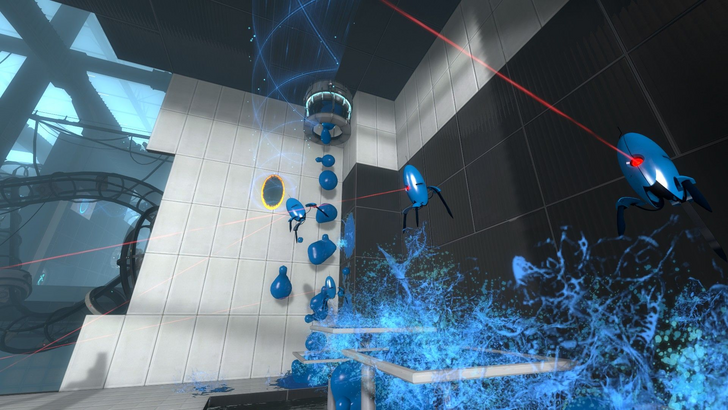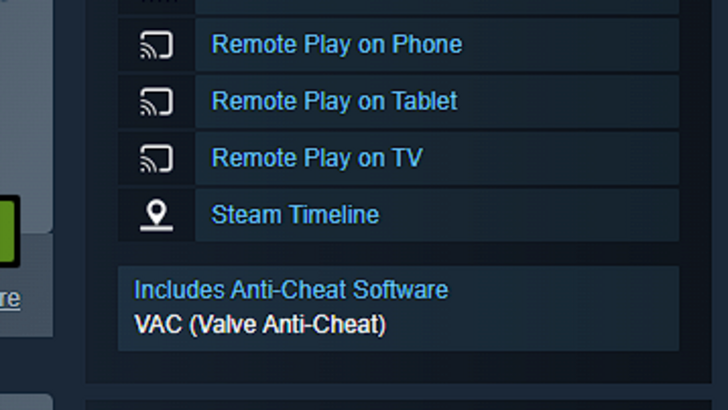Steam's Anti-Cheat Tool Sparks Controversy

Steam has introduced a new requirement for developers to disclose whether their games employ the controversial Kernel mode anti-cheat system. This move aims to enhance transparency on the platform and address concerns about these intrusive anti-cheat measures. Dive deeper into Steam's platform updates and the specifics of Kernel Mode Anti-Cheat.
Steam Unveils New Tool for Describing Anti-Cheat in Games
Kernel Mode Anti-Cheat Must Be Indicated, Steam Says

Valve recently shared an update on the Steam News Hub, introducing a new feature that allows developers to clearly disclose the use of anti-cheat systems in their games. This feature, accessible through the "Edit Store Page" section in the Steamworks API, enables developers to specify whether their games utilize any anti-cheat software.
While disclosure is optional for non-kernel-based client or server-side anti-cheat systems, games using kernel-mode anti-cheat must explicitly indicate this. This requirement reflects Valve's response to community feedback regarding the intrusive nature of kernel-mode systems.

Kernel-mode anti-cheat software, which operates at a deeper system level to detect cheating, has sparked significant debate. Unlike conventional anti-cheat methods that monitor within the game itself, kernel-mode solutions delve into low-level system data, raising concerns about performance, security, and privacy among players.
Valve's update addresses the dual needs of developers, who seek clear ways to communicate anti-cheat usage to players, and the players themselves, who demand more transparency about the anti-cheat services and any additional software that games might install.

In their Steamworks blog post, Valve stated, "We’ve heard from more and more developers recently that they’re looking for the right way to share anti-cheat information about their game with players. At the same time, players have been requesting more transparency around the anti-cheat services used in games, as well as the existence of any additional software that will be installed within the game."
This change streamlines communication for developers while providing players with clearer insights into the software practices employed by games on the Steam platform.
Initial Comments are as Divisive as Kernel Mode Anti-Cheat

Steam's latest feature update, which went live on October 31, 2024, at 3:09 a.m. CST, is already operational. The Steam page for Counter-Strike 2, as shown above, now clearly indicates the use of Valve Anti-Cheat (VAC) to comply with this new requirement.
The community response has been mostly positive, with many users commending Valve for their "pro-consumer" stance. However, the rollout hasn't been without criticism. Some community members have pointed out grammatical inconsistencies in the display of the new field and critiqued Valve's choice of words, particularly the use of "old" to refer to games that might update this information.

Additionally, players have raised practical questions about the feature, such as how anti-cheat labels will be translated into different languages and what constitutes "client-side kernel-mode" anti-cheat. PunkBuster, often a topic of debate, was mentioned as a relevant example. Discussions also touched on ongoing concerns about kernel-mode anti-cheat, which some view as excessively invasive.
Despite these initial reactions, Valve's commitment to pro-consumer changes remains evident, as seen in their transparency regarding a recent California law aimed at protecting consumers and addressing false and misleading advertising of digital goods.
Whether this new requirement will alleviate the community's concerns about kernel-mode anti-cheat remains to be seen.



















![Salvation in Nightmare [v0.4.4]](https://imgs.21qcq.com/uploads/36/1719555347667e551321c26.jpg)









